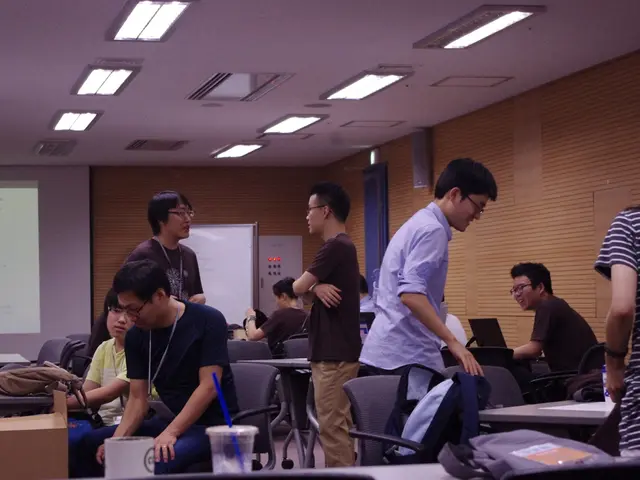E&C Officers Evolve: From 'Policy Police' to Ethics Culture Drivers
Ethics and Compliance (E&C) officers worldwide face a delicate balance. They must embed effective controls while empowering employees to make responsible decisions. Traditional control mechanisms, often seen as punitive, are evolving. A shift towards partnership and smart governance is emerging, as seen in Sweden's approach.
Cross-functional collaboration is key. E&C should not be seen as outsiders imposing rules but as partners enabling success. Intrinsic motivation, driven by personal values, outperforms extrinsic motivation like fear of punishment. Precision in risk assessment helps direct resources to where they matter most.
Checklists and endless approval flows rarely inspire ethical behavior or nurture accountability. Letting go of tight control can strengthen ethics and compliance programs. Organizations have leaned into control mechanisms as risk insurance, creating the perception of E&C officers as 'policy police'. However, in Sweden, ethics and control officers focus on promoting ethical behavior and internal oversight, strengthening trust within organizations by ensuring transparency, accountability, and adherence to ethical standards.
Employees interpret endless controls as signals that leadership expects failure rather than responsibility. Smart governance builds processes that are intuitive and proportionate, enabling employees to make the right choice without endless formalities. Regulators expect continuous monitoring, automated controls, and proof of policy application in practice.
The E&C officer's role is evolving. It's no longer about being 'policy police' but about fostering a culture of ethics and responsibility. Collaboration, intrinsic motivation, and smart governance are crucial. This shift not only strengthens organizations from within but also meets regulatory expectations.





